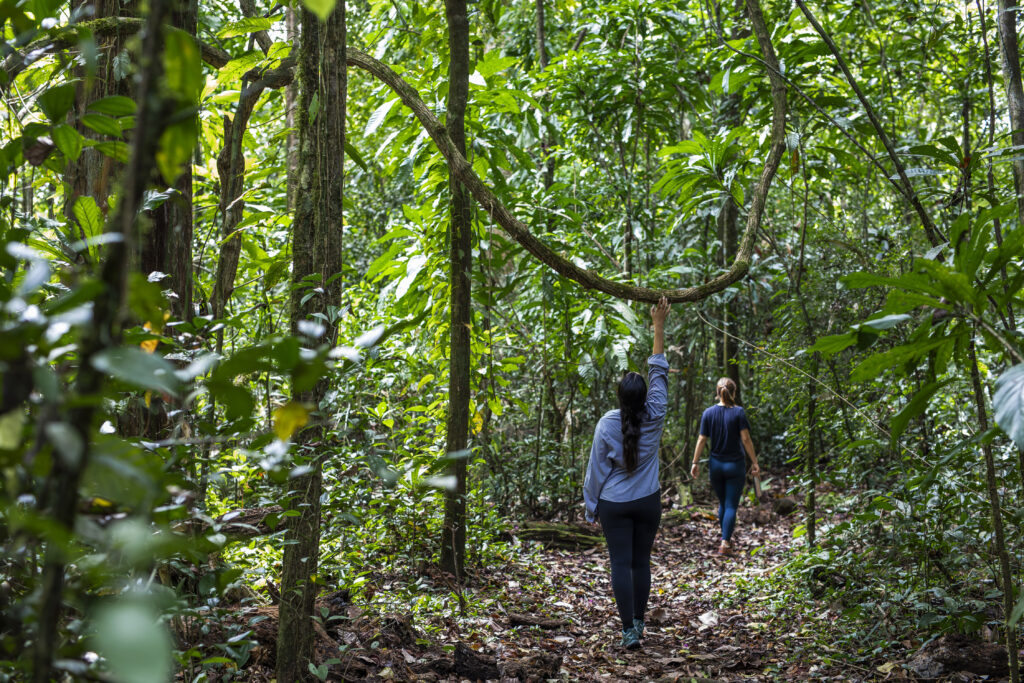One of the things that fascinates me about Isla Palenque in Panama is the variety of experiences on the island. With seven private beaches and a vibrant tropical flora and fauna, you have the vibe of being stranded as “Robinson Crusoe with all the creature comforts” – with a 1,000+ year history of natives living on the island.
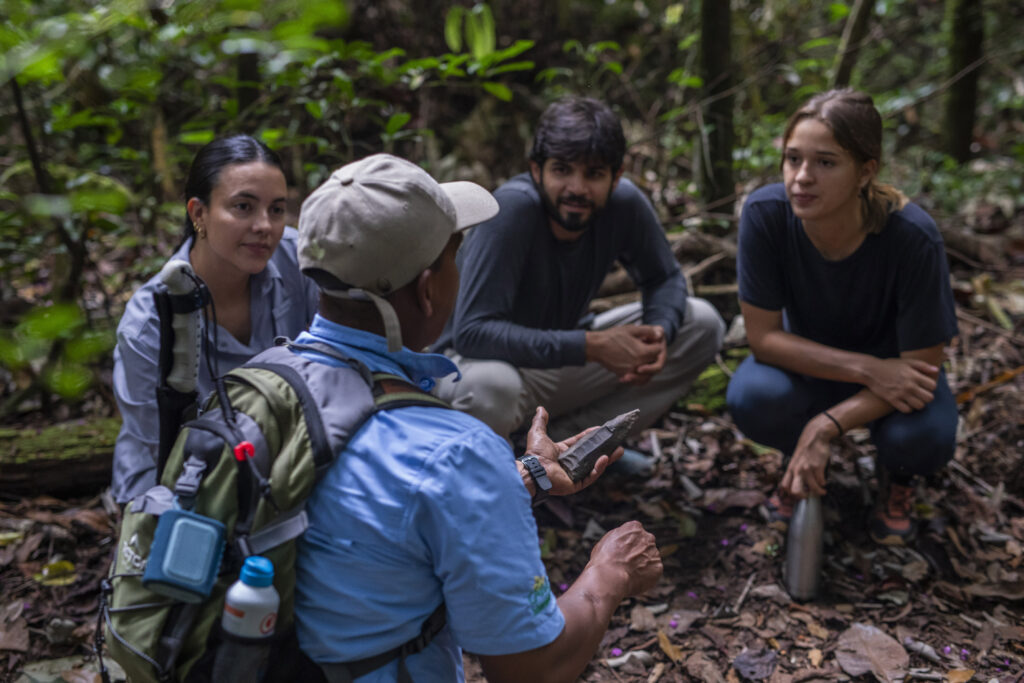
The first research of Isla Palenque’s history was undertaken by famed archaeologist Olga Linares in the 1960s. She was senior staff at the Smithsonian Tropical Research Institute. She published several papers and a book about her research.
When Cayuga Collection took over the management of Isla Palenque in 2018, we committed to further support research and learning more about the “ancient secrets of our island”. Things were delayed due to the pandemic, but in 2023, we had a team of archaeologists from the U.S., Panama, and the Netherlands visit the site led by Scott Palumbo.
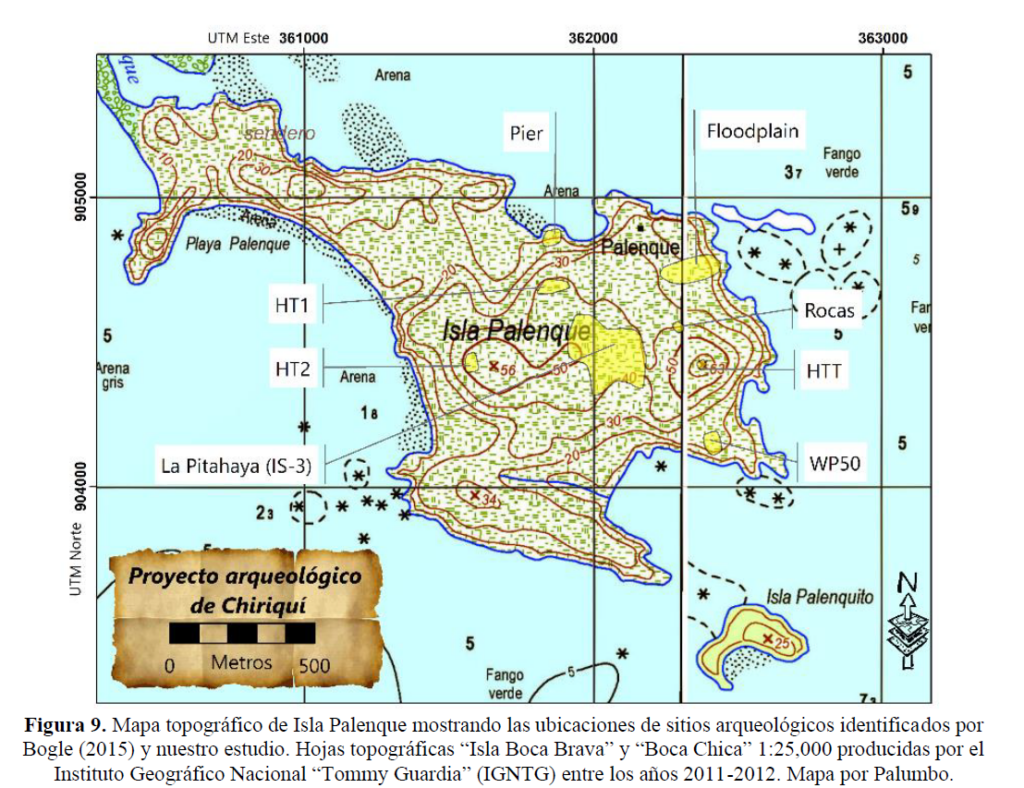
They identified the “La Pitahaya” site on Isla Palenque as one of the most important sites to study regional trade and social changes during the pre-Columbian period in Panama. They were grateful for the hotel’s commitment to protect the archaeological site for future research.
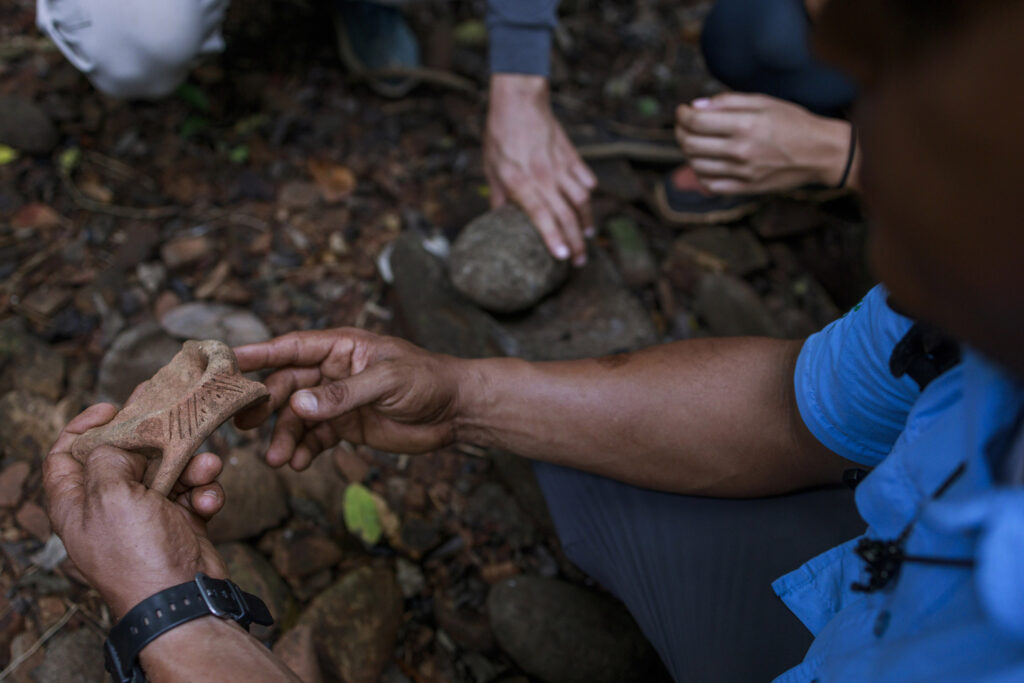
Here are some of the findings from the archaeologists that you will be able to further explore with our local guides when you visit the site:
The site dates largely from 900 to 1200 A.D.
The portions of the site with the mounds and stone columns are artificially flattened. Past inhabitants brought in the equivalent of an Olympic-sized swimming pool of soil to create a plaza and mounds.
We think this artificial soil enhanced the cultivation of pitahaya and other plants. We do not yet know of any similar concentrations of pitahaya outside of Isla Palenque.
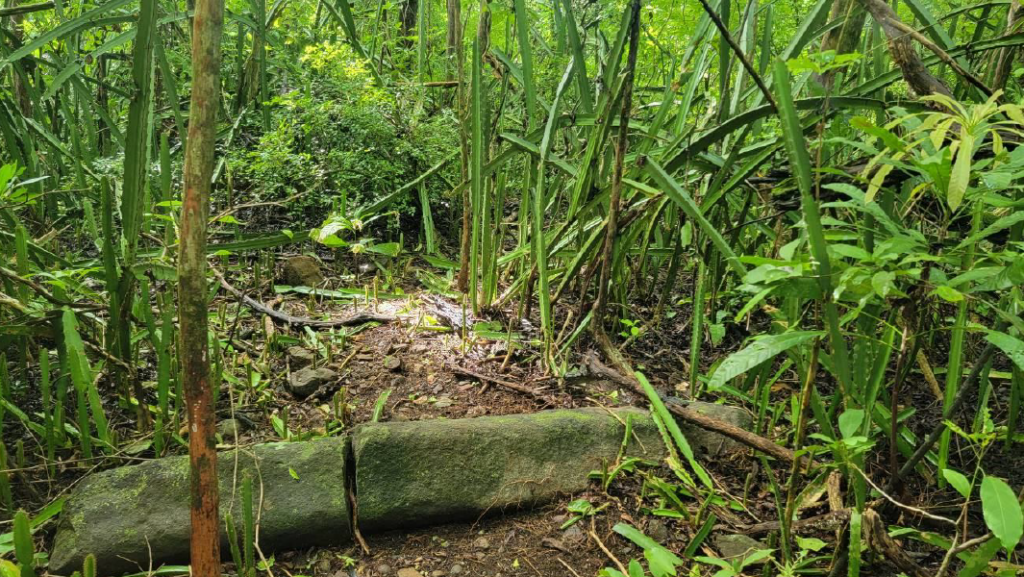
We believe the pitahaya cactus was used to make fishing nets. The large tidal variation around Isla Palenque makes fixed-net fishing practical as the strong currents will push fish into the nets. The Adaptive Radiations book describes a large amount of fish bone and net weights recovered in the earlier excavations.
We failed to identify clear habitation areas. We interpret this to mean a small residential population lived around Isla Palenque, maybe a couple of hundred people in total. However, we feel that the site was periodically visited by large numbers of people to leave such a large quantity and diverse array of artifacts. This might be similar to historic descriptions of ferias or trade fairs in coastal Chiriqui from the 16th century.
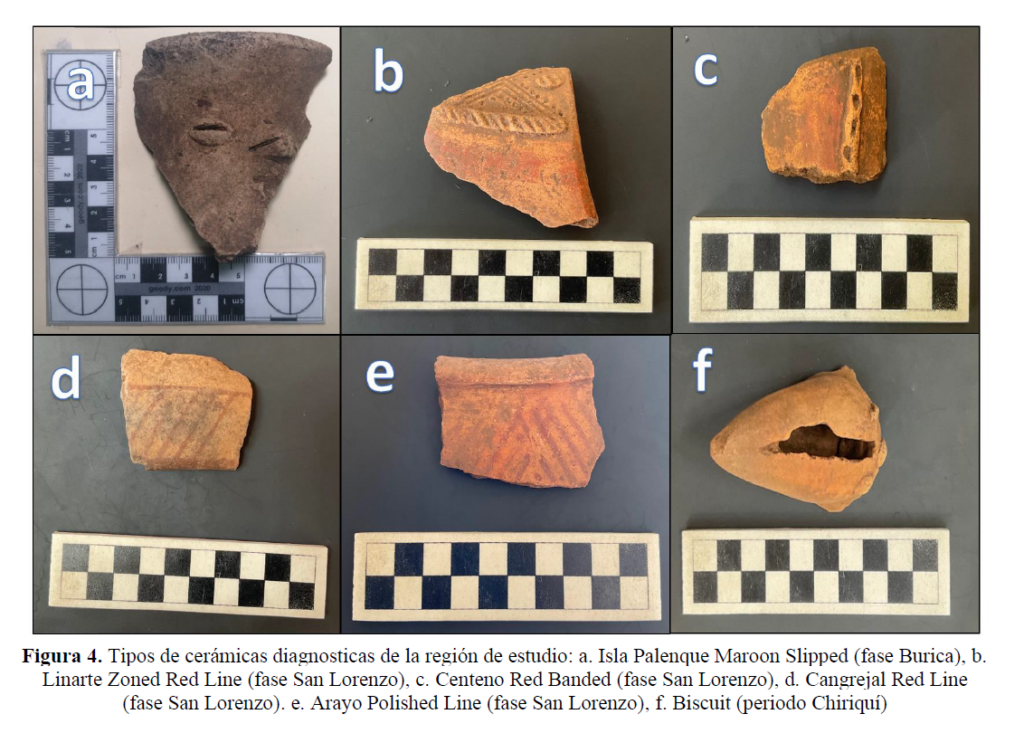
We are currently analyzing the metates from the site to try and determine the foods eaten. This is being attempted at the Smithsonian Tropical Research Institute.
We are interested to learn more about the broken pottery to evaluate whether it was produced locally, transported from other regions, or some mix. This is being attempted at the Field Museum of Natural History in Chicago.
Let us know if you are interested in visiting Isla Palenque and learning more about the history of our island. Visit www.islapalenque.com or write me a note directly to Hans Pfister at hans@cayugaonline.com.
